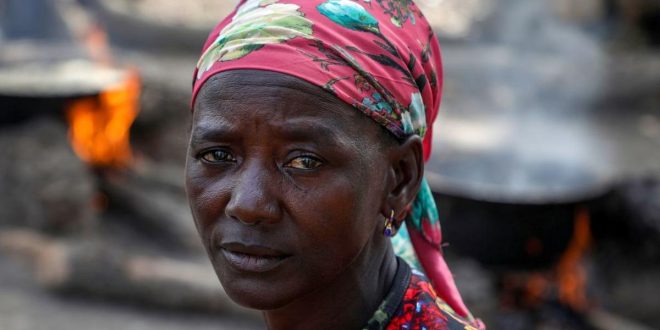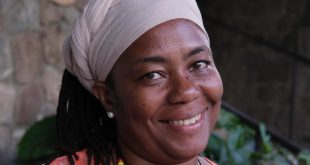
“In Borno, only 6.7 percent of currently married women are using modern contraceptive methods, while the unmet need for contraceptives stands at a significant 17 percent,” Prof. Gana emphasised.
The commissioner stressed the urgency of addressing this situation, stating, “This figure shows the need to invest, improve, and promote the use of contraception. We know the appropriate use of contraception is very important to the health and well-being of women, as well as the outcome of the newborn baby.”
Prof. Gana also highlighted the commitment of government health providers and sexual reproductive health partners, including the UN Population Fund (UNFPA), in creating awareness and offering contraceptive services.
Dr. Mala Abdulwahab, Deputy Director of the State Primary Health Care Development Agency (SPHCDA), addressed the issue of apathy towards family planning in Borno. He revealed that the agency successfully changed the narrative by renaming it “Child Spacing.”
“We made them realise that it’s not about reducing a community’s population but about addressing maternal mortality and morbidity,” Dr. Abdulwahab explained.
In Borno, out of the 436 health facilities, only 269 are currently offering family planning services, indicating a gap in access to crucial services.
Kelvin Chukwuemeka, representing the UNFPA, emphasised the importance of offering a variety of contraceptive methods to empower Borno women to make informed choices based on their preferences, lifestyle, health considerations, and future plans.
“Family Planning, Child Birth Spacing, and Contraceptive methods range from hormonal options like birth control pills, patches, and injections, to barrier methods such as condoms and diaphragms, and Long-Acting Reversible Contraceptives (LARCs) like intrauterine devices (IUDs) and implants,” Chukwuemeka explained.
Highlighting the diversity of contraceptive options, he added, “This diversity calls for a comprehensive array of contraceptive methods that cater to the unique requirements of everyone. This approach not only empowers the people of Borno to plan their families but also enhances their overall well-being and autonomy.”
Religious and traditional leaders also joined the conversation, emphasising the importance of child spacing in improving maternal health and family well-being.
This year’s World Contraceptive Day theme, “The Power of Options,” underscores the need to provide comprehensive choices in family planning to enhance the reproductive health and autonomy of women in Borno State.
 Top Naija News: Nigerian News, Breaking News Nigeria and World News Top Naija News is a daily news publication in Nigeria, delivering the latest breaking news in Nigeria and around the world.
Top Naija News: Nigerian News, Breaking News Nigeria and World News Top Naija News is a daily news publication in Nigeria, delivering the latest breaking news in Nigeria and around the world.




